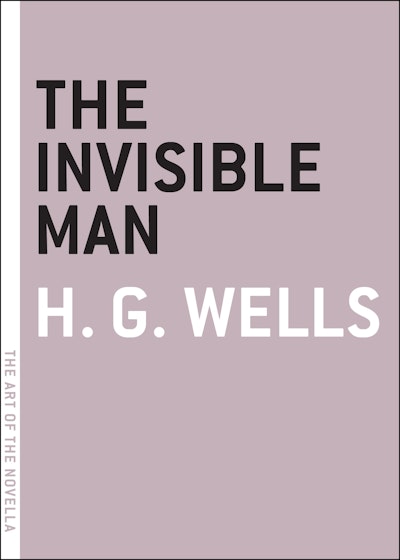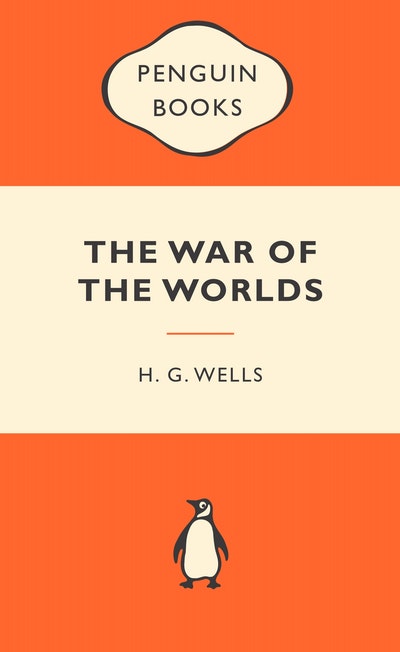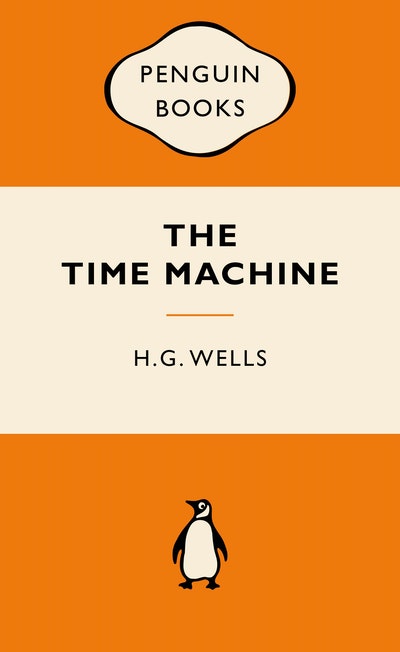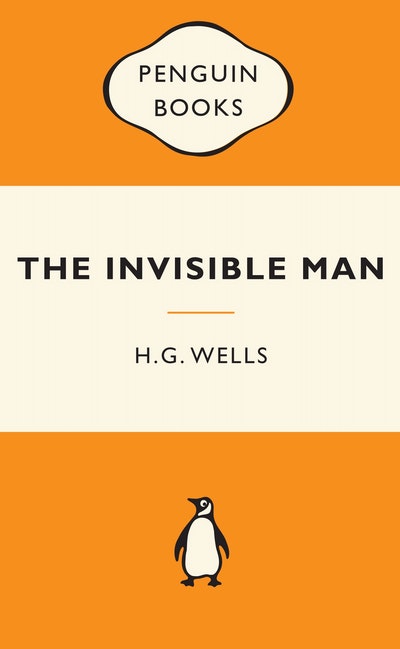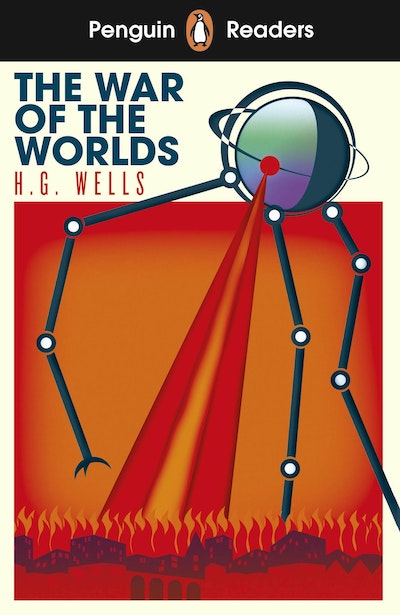- Published: 29 July 2014
- ISBN: 9781612193236
- Imprint: RH US eBook Adult
- Format: EBook
- Pages: 208
The Invisible Man
Rediscover H.G. Wells - what does he mean to you?
ONE OF THE MOST BELOVED WORKS OF SCIENCE FICTION
H.G. Wells' classic The Invisible Man is an artful combination of a psychological thriller and science fiction novel. A young scientist who discovers the secret of invisibility feels initial joy at his newfound freedoms and abilities, but quickly turns to despair when he realizes the many things he has sacrificed in the pursuit of science. While he struggles to create the formula that will restore his visibility and his connection to other people, murder and mayhem ensue.
THE ART OF THE NOVELLA
Too short to be a novel, too long to be a short story, the novella is generally unrecognized by academics and publishers but beloved and practiced by literature's greatest writers. The Art of the Novella Series celebrates this renegade art form and its practitioners. The series has been recognized for its "excellence in design" by AIGA.
- Published: 29 July 2014
- ISBN: 9781612193236
- Imprint: RH US eBook Adult
- Format: EBook
- Pages: 208
